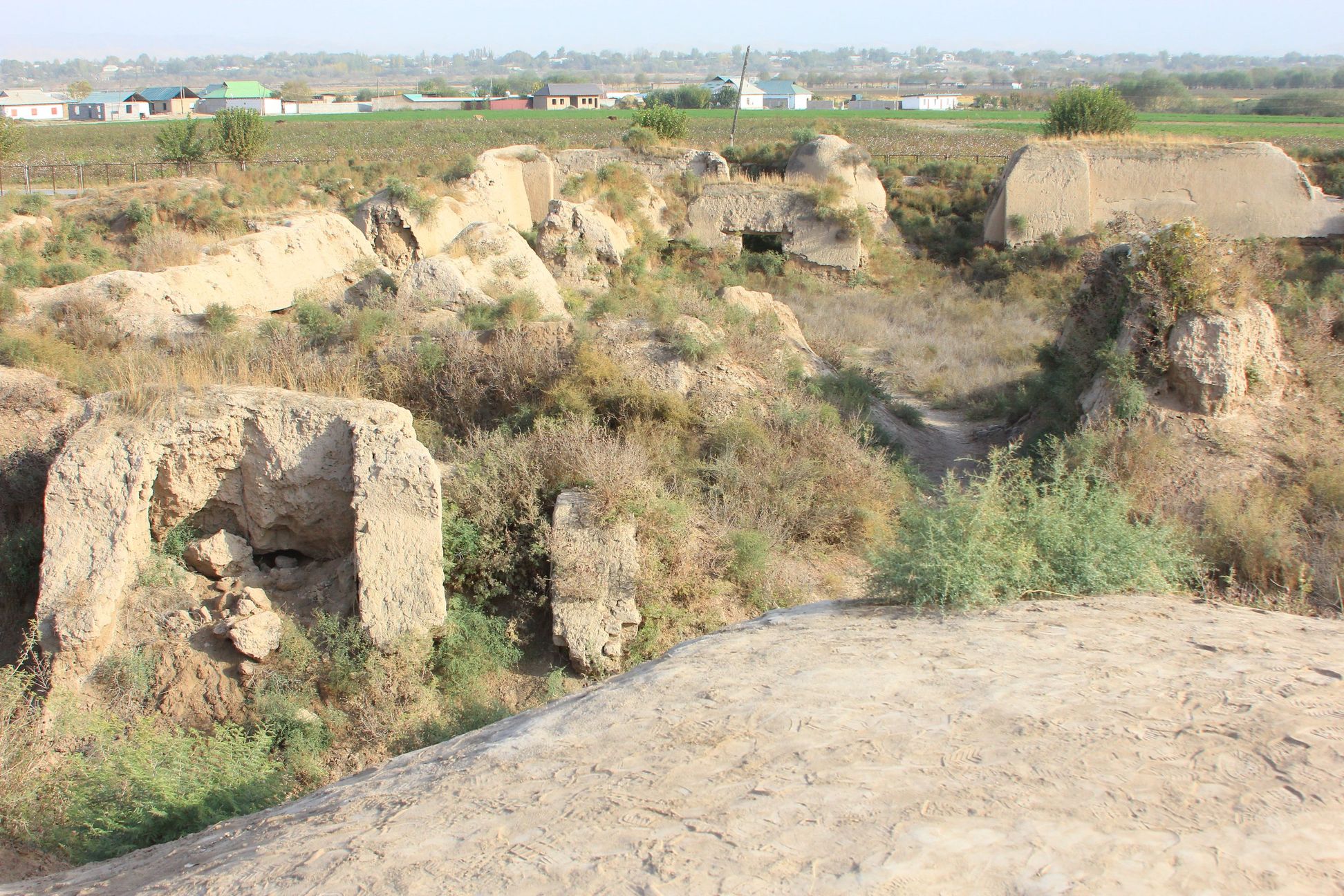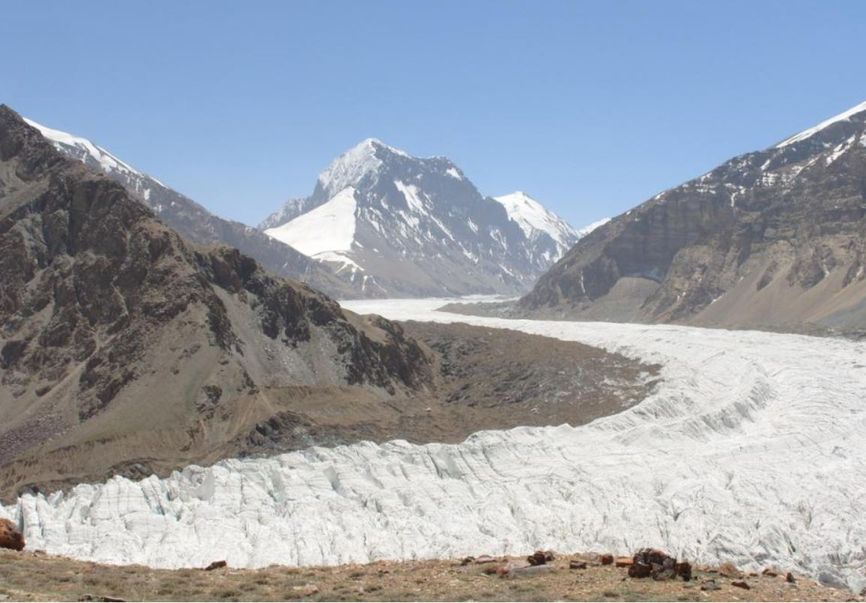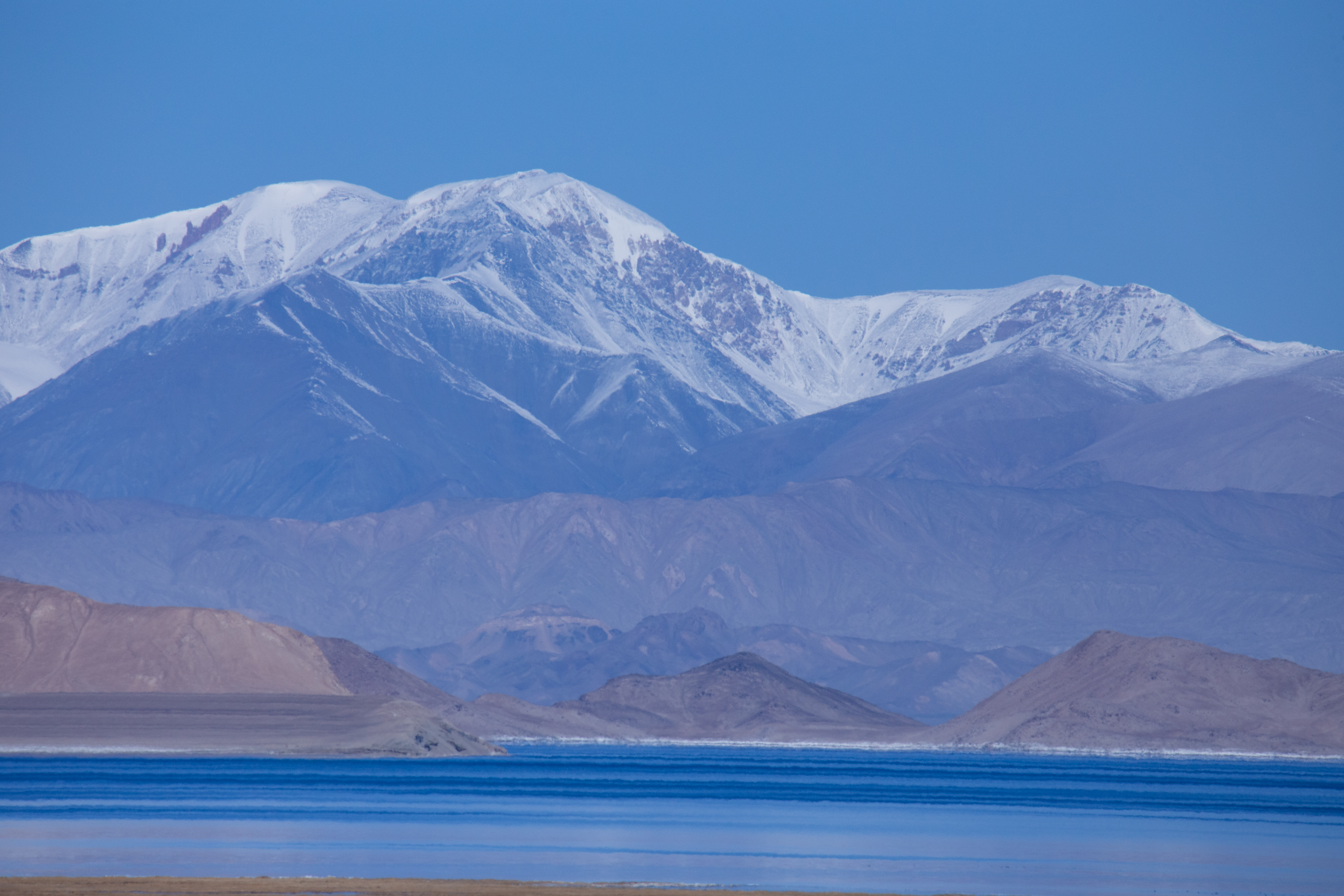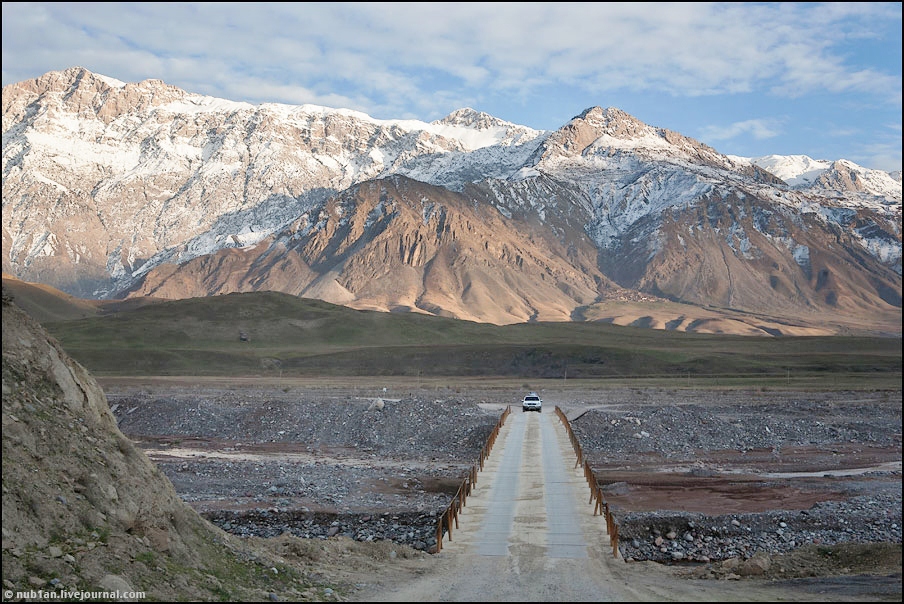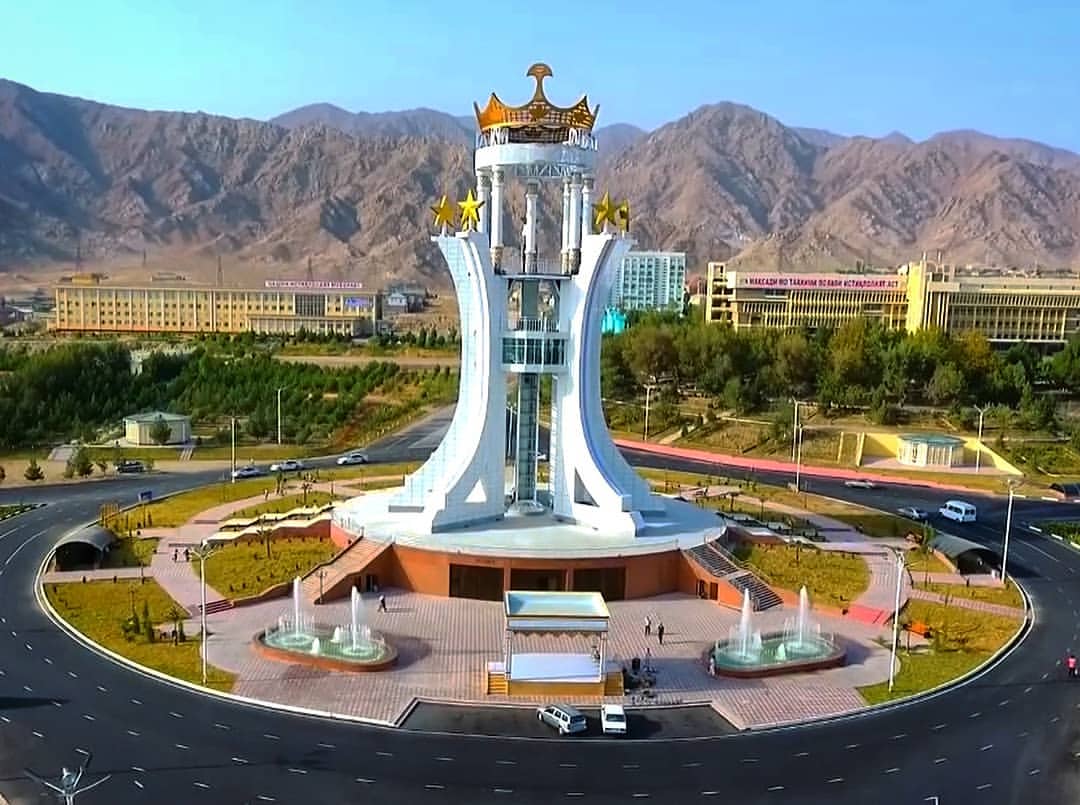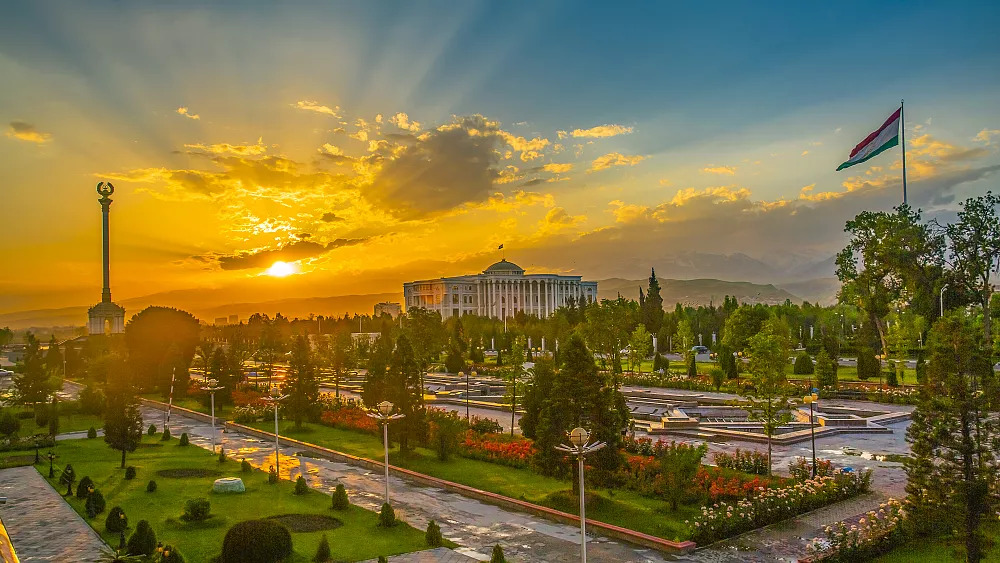The salt mountain of Khoja Mumin is located in the south of Tajikistan, 25 kilometres southwest of Kulob the shore of the Yakhsu River in Vose district. Khoja Mumin in shape resembles a giant dome, towering 900 m above the surrounding plain (absolute height 1332 m). It is visible from kilometers away. The residents of Tajikistan know this mount very well seeing its name on a box of table s alt produced from there. The area of salt marshes is 600 hectares, and its volume is 55 km. The thickness of salt reaches 200-240 m. According to experts, the salt reserves of Khoja Mumin are about 40-50 billion. The depth of the salt rock is still unknown. The famous Venetian traveller Marco Polo (13th century), who visited the site: ‘As long as the world exists, the salt of this mountain is enough for the population of the globe.’
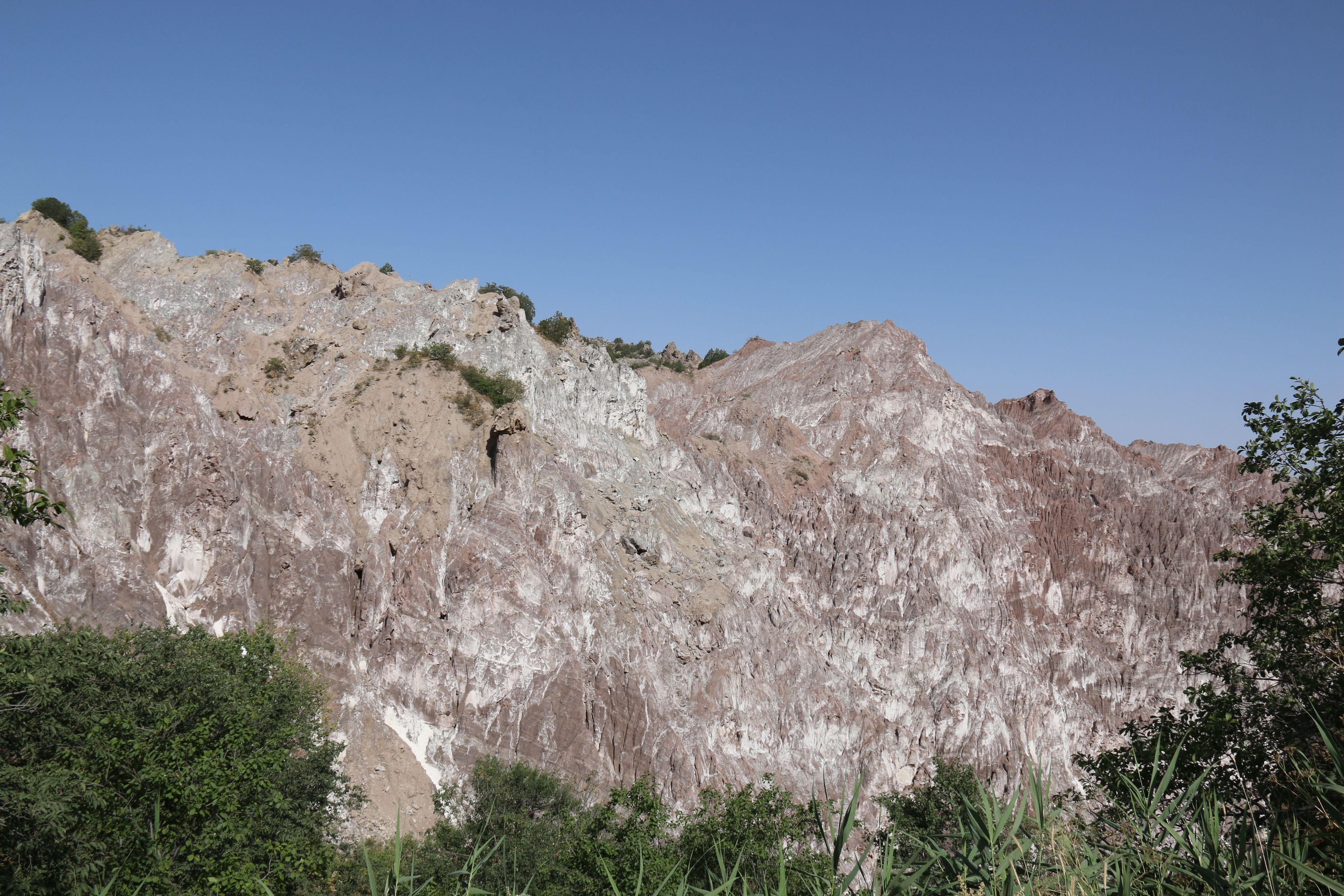
Legends about Khoja Mumin
There are many legends among the people about the secrets of this mountain. According to the most experienced residents of the area, the first miracle of this site is the way to reach the top of the mountain. This climbing path changes and no one has ever climbed a mountain and gone down the same path twice.

Visitors who do not believe in this miracle have to climb this mountain. Legend has it that a nobleman named Khoja Mumin asked his brother Khoja Sartez for the salt, and he refused to provide it. Khoja Mumin then raised his hand to God and begged to turn him into a mountain of salt and relieve the people from this need from this time till now people come to worship and prayer at Khoja Mumins shrine.
The Nature of the Khoja Mumin Salt Mountain
The fauna of Khoja Mumin mount differs from the surrounding areas. Dozens of species of birds (squirrels, falcons, crows), mammals (squirrels, mountain sheep), poisonous snakes and various species of invertebrates live here. Unfortunately, in recent years, the mountain landscape has changed dramatically. Mountain flora, especially juniper, oats, almonds, pistachios, and onion plants are being destroyed. Several plants include tulips, black currants, cumin, saffron, mountain onions, hawthorn, tremors (glue) are included in the Red Book.
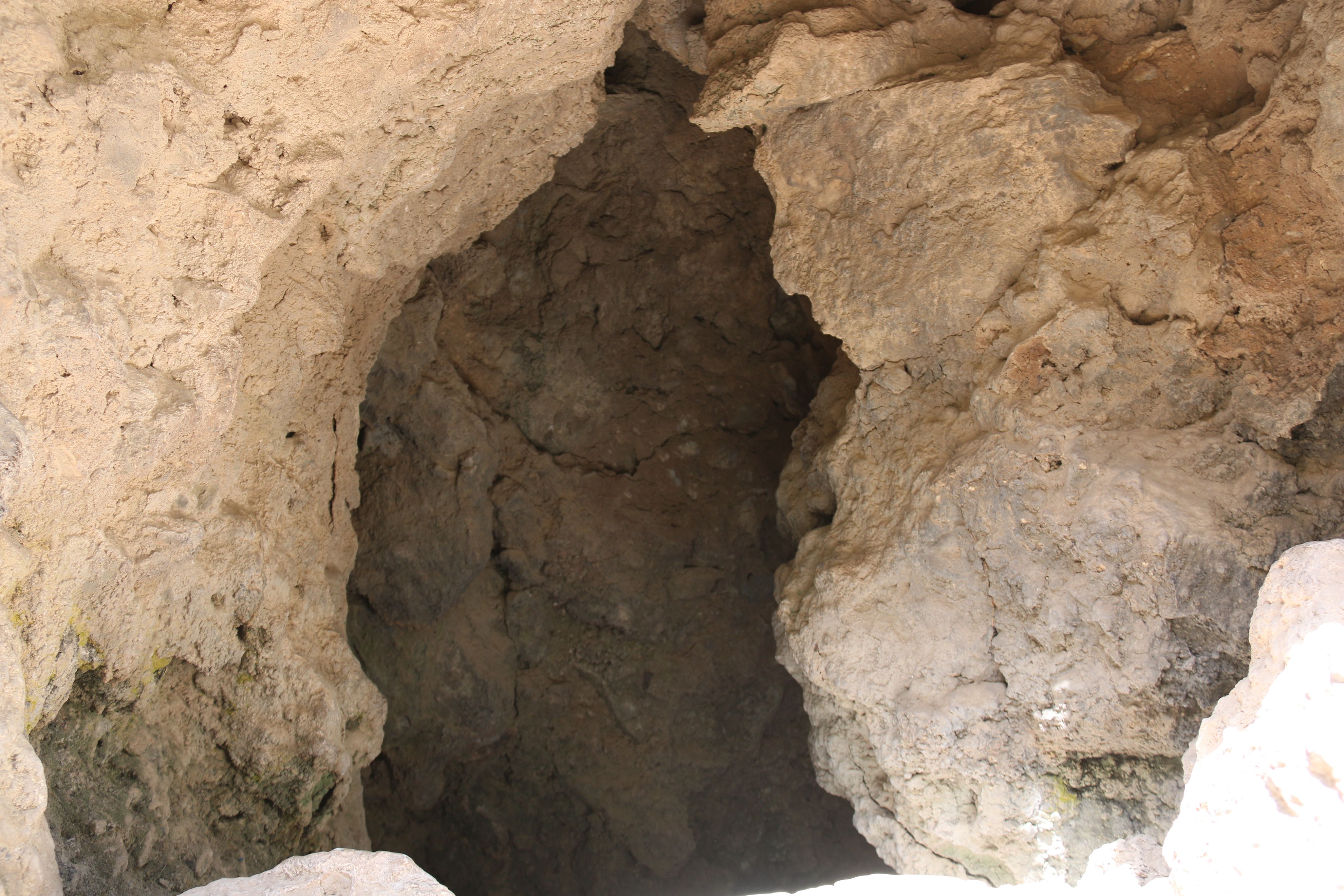
Khoja Mumin is famous for its musical caves; passages washed out by underground rivers and streams form such a unique structure of a natural organ that visitors can hear polyphonic and multi-tone musical works. Khoja Mumin is one of the most important recreational sites. In particular, watching caves, salt bottles, amazing peaks give a person energy. Thus, Khoja Mumin is rich in mineral and biological resources, and their rational use and protection are one of the most important tasks.
Gallery





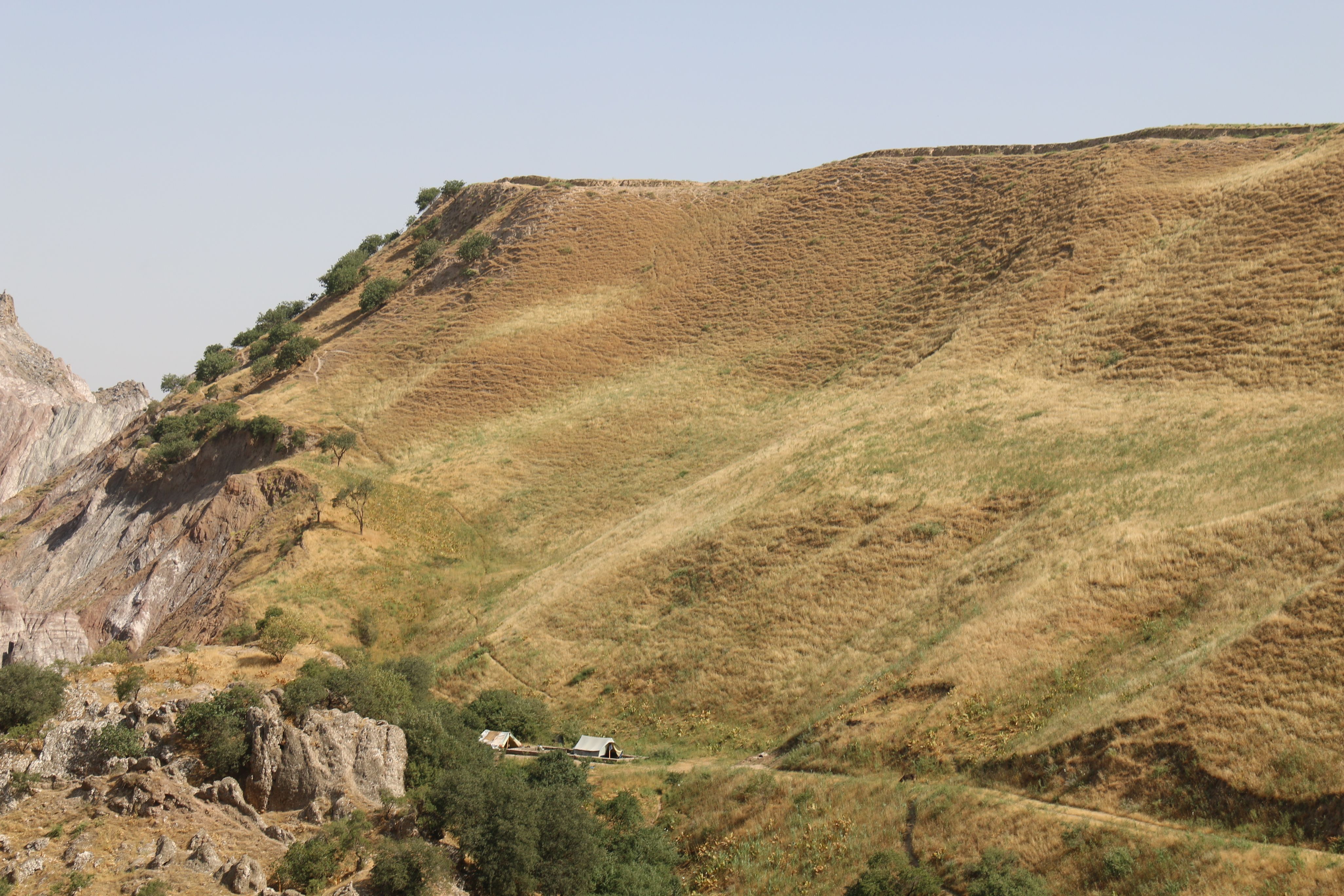
Travelling to the Site
Khoja Mumin can be reached by a car travelling from Dushanbe to Wose district. The regular transport to Khoja Mumin is a bus service Kulob-Wose, or hitchhike or taxi from Kulob.












